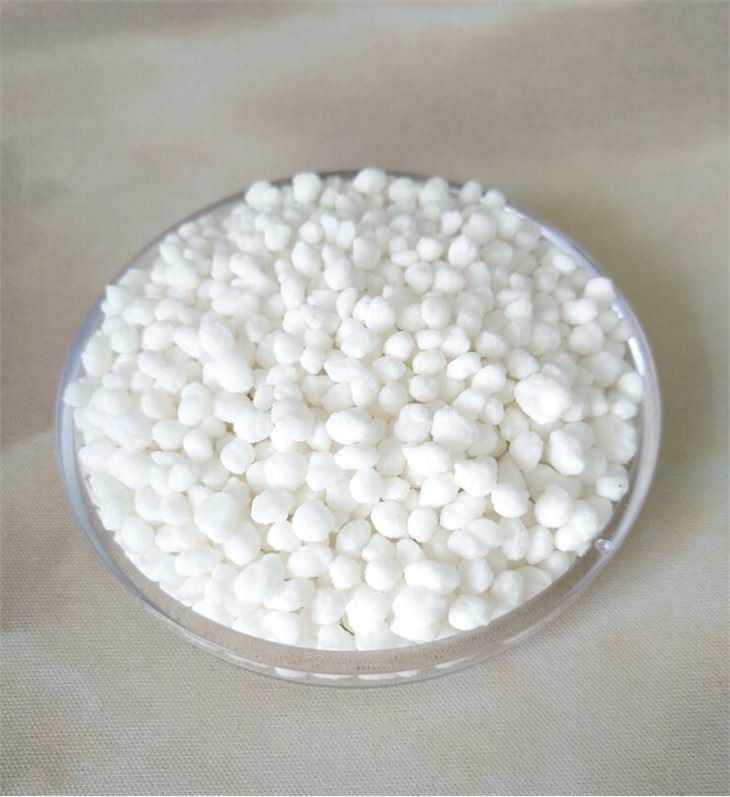



Exploring the Properties and Uses of Pure Potassium Nitrate in Various Applications
Exploring the Wonders of 100% Potassium Nitrate Properties, Uses, and Precautions
Potassium nitrate, commonly known as saltpeter, is a chemical compound with the formula KNO₃. It is composed of potassium (K), nitrogen (N), and oxygen (O), making it a key player in various industrial and agricultural applications. When we refer to 100% potassium nitrate, we are discussing its pure form, free from any contaminants or additives, which is crucial for many processes where precision is paramount. This article outlines the properties, uses, and precautions associated with this versatile substance.
Properties of 100% Potassium Nitrate
Potassium nitrate is a white crystalline solid that is highly soluble in water. Its molecular weight is approximately 101.1 g/mol, making it relatively light in terms of its chemical makeup. The compound has a melting point of about 334 °C (633 °F) and decomposes upon heating to release oxygen gas, which is a notable property that has implications in various applications.
In terms of reactivity, potassium nitrate is an oxidizing agent, meaning it can facilitate the combustion of other materials by providing oxygen. This property, combined with its high solubility and stability, makes it an essential ingredient in numerous formulations, especially in agriculture and pyrotechnics.
Applications of 100% Potassium Nitrate
1. Fertilizer One of the most significant uses of potassium nitrate is as a nitrogen-rich fertilizer. It provides essential nutrients—potassium and nitrogen—that are crucial for plant growth, helping to improve crop yield and quality. As a soluble salt, it allows for quick absorption by plants, making it especially beneficial in hydroponics and fertigation systems.
2. Food Preservation In the food industry, potassium nitrate is employed as a preservative due to its ability to inhibit the growth of bacteria. It is commonly used in curing meats, where it helps maintain color and prevents spoilage, rendering it a staple in traditional recipes for products like sausages and cured hams.
100 potassium nitrate

3. Manufacturing and Pyrotechnics Potassium nitrate finds extensive application in the production of gunpowder and various fireworks. Its oxidizing properties enable it to sustain combustion, providing the necessary oxygen that fuels explosive reactions. Additionally, it is used in making fertilizers, explosives, and even in the engraving and polishing processes within the manufacturing sector.
4. Medicinal Uses In the medical field, potassium nitrate is used in dental products to help reduce tooth sensitivity. It acts by blocking the transmission of nerve signals, thereby alleviating discomfort associated with sensitive teeth.
Precautions and Safety Measures
While 100% potassium nitrate offers numerous benefits, it is essential to handle this compound with care. Exposure to potassium nitrate can cause irritation to the skin, eyes, and respiratory tract, emphasizing the need for personal protective equipment (PPE) such as gloves, goggles, and masks when working with the substance.
When stored, potassium nitrate should be kept in a cool, dry place, away from combustible materials due to its oxidizing properties. In the event of a spill, it is crucial to follow proper cleanup procedures to prevent contamination and ensure safety.
Conclusion
100% potassium nitrate proves to be an indispensable compound across various fields, from agriculture and food preservation to manufacturing and medicine. Understanding its properties and applications allows for optimized utilization, while acknowledging the necessary precautions ensures safety in handling. As industries continue to evolve, potassium nitrate remains a vital resource, personifying the intersection of chemistry and practical applications in everyday life. Whether in a garden, a kitchen, or a lab, the versatile nature of potassium nitrate underscores its importance in both traditional and modern practices.
-
Why Sodium Persulfate Is Everywhere NowNewsJul.07,2025
-
Why Polyacrylamide Is in High DemandNewsJul.07,2025
-
Understanding Paint Chemicals and Their ApplicationsNewsJul.07,2025
-
Smart Use Of Mining ChemicalsNewsJul.07,2025
-
Practical Uses of Potassium MonopersulfateNewsJul.07,2025
-
Agrochemicals In Real FarmingNewsJul.07,2025
-
Sodium Chlorite Hot UsesNewsJul.01,2025










